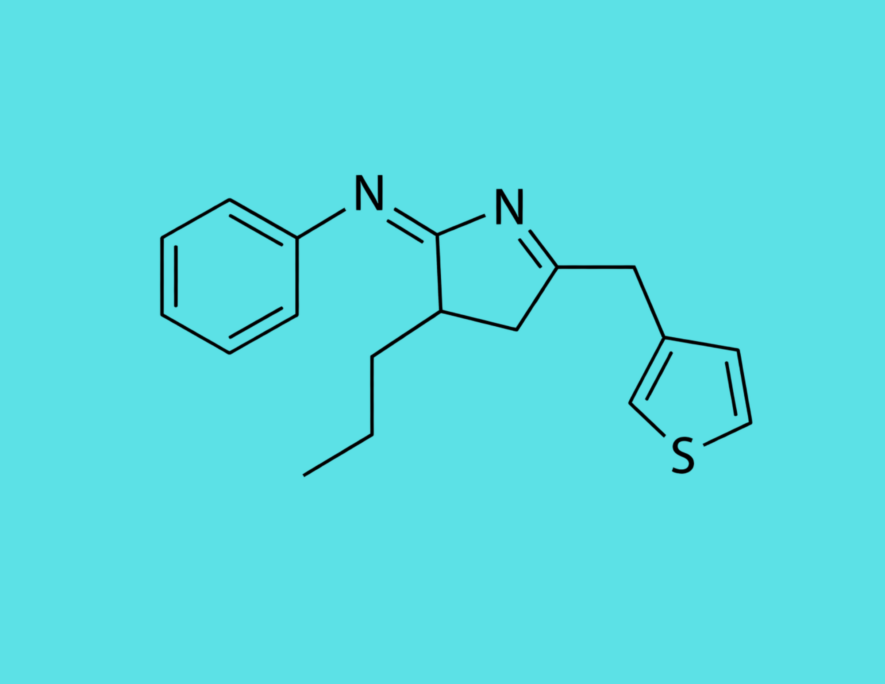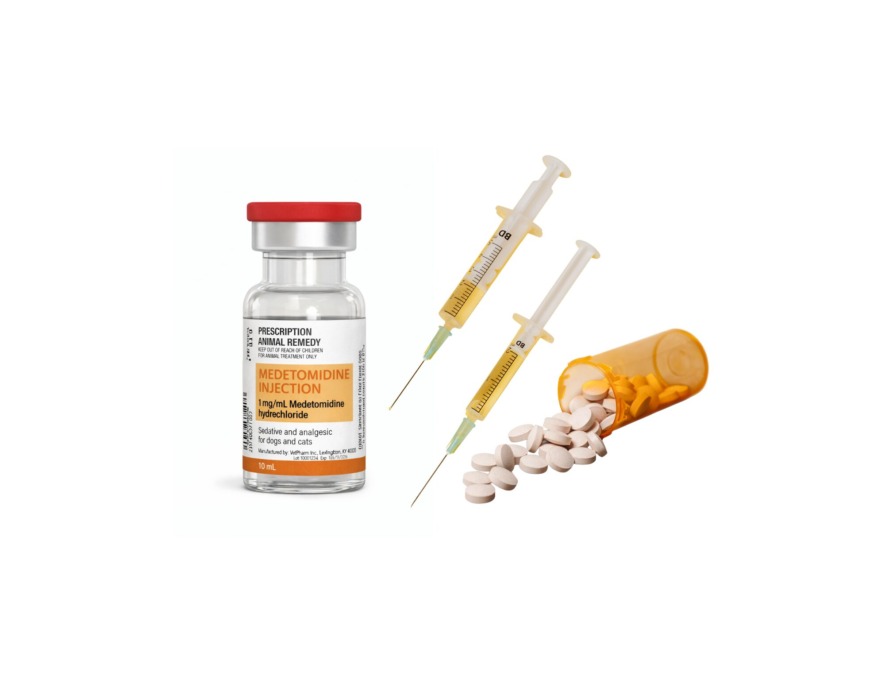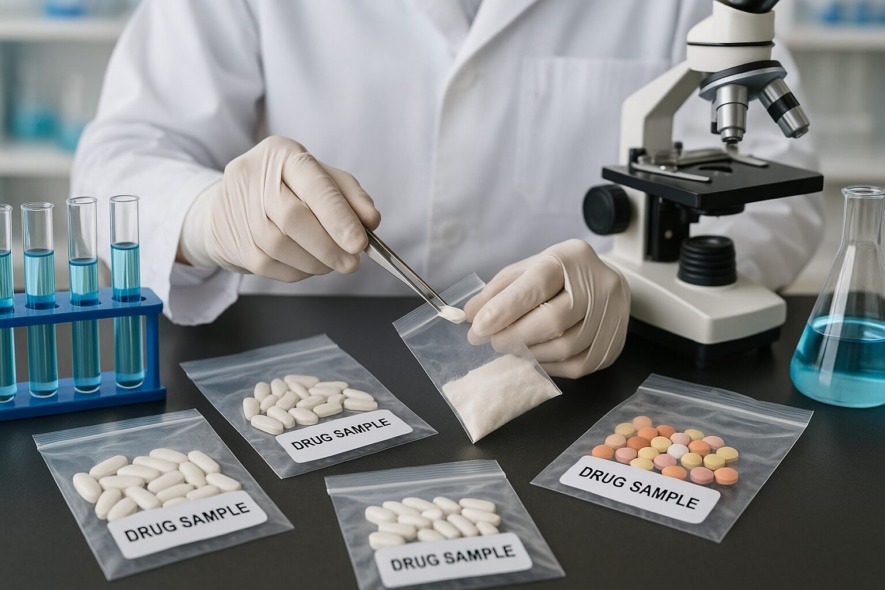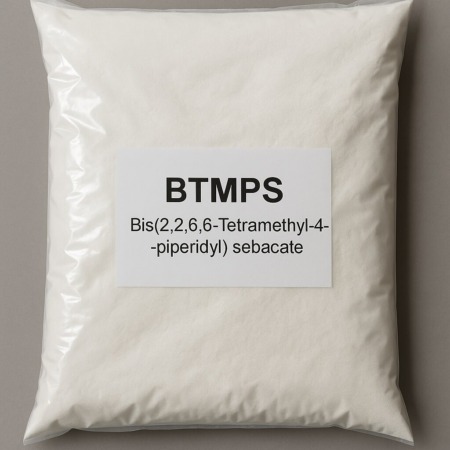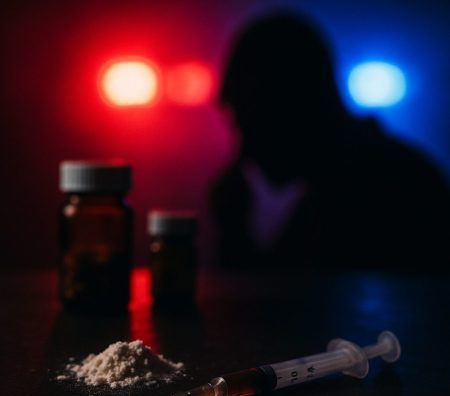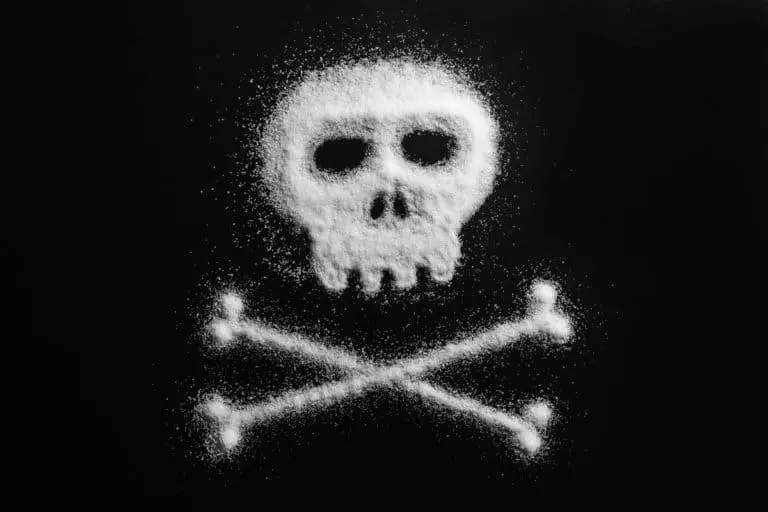Addiction is a complex and multifaceted issue that affects individuals and society as a whole. In order to address this problem effectively, it is essential to have a clear understanding of what makes a substance addictive and the impact it has on individuals and society.
Table of Contents
What Makes a Substance Addictive?
Various factors contribute to the addictive nature of substances. One key aspect is the way these substances interact with the brain’s reward system. Addictive substances typically stimulate the release of neurotransmitters such as dopamine, which are associated with pleasure and reward. This flood of neurotransmitters creates an intense feeling of euphoria, reinforcing the desire to seek out and use the substance.
Repeated exposure to addictive substances can lead to changes in the brain’s structure and function. Over time, the brain becomes less responsive to the substance, requiring higher doses to achieve the same level of satisfaction. This phenomenon, known as tolerance, contributes to the cycle of addiction as individuals increase their substance use in an attempt to replicate the initial pleasurable effects.
The Impact of Addiction on Individuals and Society
Addiction not only has profound effects on individuals but also has far-reaching consequences for society as a whole. The physical, psychological, and social impacts of addiction can be devastating.
Physically, addiction can lead to a wide range of health problems, including organ damage, cardiovascular issues, respiratory complications, and increased susceptibility to infectious diseases. Furthermore, addiction often co-occurs with mental health disorders, exacerbating symptoms and making treatment more challenging.
On a psychological level, addiction can lead to a loss of control, causing individuals to prioritize substance use over other important aspects of their lives. Relationships with family, friends, and colleagues may suffer as a result, leading to a breakdown in social support systems.
The economic burden of addiction is also significant. Substance abuse and addiction contribute to increased healthcare costs, lost productivity, criminal justice expenses, and the strain on social welfare systems. The ripple effects of addiction extend beyond the individual, impacting families, communities, and society as a whole.
Understanding the addictive nature of substances and the profound impact addiction has on individuals and society is crucial in developing effective prevention and treatment strategies. By addressing the underlying factors that contribute to addiction and providing support systems and resources, individuals struggling with addiction can begin their journey towards recovery.
Most Addictive Drugs
When it comes to addictive substances, there are several drugs that are known for their high addictive potential. These substances can have a profound impact on individuals and society as a whole. In this section, we will explore some of the most addictive drugs, including heroin, cocaine, methamphetamine, nicotine, and alcohol.
Heroin
Heroin is an opioid drug derived from morphine, a natural substance found in the seed pod of the opium poppy plant. It is known for its intense euphoric effects and its highly addictive nature. Heroin rapidly enters the brain and binds to opioid receptors, resulting in a surge of pleasure and a sense of well-being. Regular use can lead to tolerance, dependence, and addiction.
Cocaine
Cocaine is a powerful stimulant drug derived from the coca plant. It produces a short-lived but intense high by increasing the levels of dopamine, a neurotransmitter associated with pleasure, in the brain. Cocaine is highly addictive due to its rapid and intense effects, which can lead to a cycle of repeated use in an attempt to maintain the euphoric state.
Methamphetamine
Methamphetamine, commonly known as meth, is a highly addictive stimulant drug that affects the central nervous system. It stimulates the release of dopamine, norepinephrine, and serotonin, resulting in increased energy, focus, and euphoria. Methamphetamine use can lead to severe physical and psychological dependence, making it extremely difficult for individuals to quit without professional help.
Nicotine
Nicotine is the addictive substance found in tobacco products, including cigarettes, cigars, and chewing tobacco. It acts as a stimulant and produces a temporary sense of relaxation and pleasure. Nicotine addiction is one of the most common forms of addiction worldwide, with many individuals finding it challenging to quit due to the physical and psychological dependence it creates.
Alcohol
Alcohol is a legal substance that is widely consumed and socially accepted in many cultures. However, alcohol can also be highly addictive. It acts as a central nervous system depressant, producing feelings of relaxation and euphoria. Regular and excessive alcohol consumption can lead to physical and psychological dependence, often resulting in alcohol use disorder.
It’s important to note that while these drugs are widely recognized for their addictive properties, addiction can occur with any substance that alters brain chemistry and leads to compulsive use. The effects of addiction can be devastating, affecting individuals and society in various ways. If you or someone you know is struggling with addiction, it’s essential to seek help and explore available treatment options.
The Addictive Nature of Each Drug
To fully understand the addictive nature of different drugs, it is essential to examine how each drug affects the brain, the short-term and long-term effects, as well as the withdrawal symptoms and challenges associated with each substance.
Understanding the addictive nature of each drug, including how they impact the brain, the short-term and long-term effects, as well as the challenges associated with withdrawal, can help individuals comprehend the severity of addiction and seek appropriate help. If you or someone you know is struggling with addiction, it is essential to reach out to professional treatment resources and support systems to break free from the clutches of addiction.
When it comes to addiction, seeking help and support is a crucial step towards breaking free from the clutches of addictive drugs. Recognizing the need for help, exploring treatment options, and accessing support systems and resources are essential for individuals on the path to recovery.
Recognizing the Need for Help
Recognizing the need for help is often the first and most significant step in overcoming addiction. It’s important to acknowledge that addiction is a chronic disease that requires professional assistance. Some signs that may indicate the need for help include:
- Persistent cravings and urges to use the addictive substance
- Difficulty controlling or stopping substance use
- Neglecting responsibilities and relationships due to substance use
- Experiencing withdrawal symptoms when attempting to quit
- Escalating tolerance, requiring larger amounts of the substance to achieve the desired effect
If you or someone you know is exhibiting these signs, it’s crucial to seek help from healthcare professionals, addiction specialists, or support groups.
Treatment Options for Addiction
There are various treatment options available to individuals struggling with addiction. The choice of treatment depends on factors such as the type of substance used, the severity of addiction, and individual circumstances. Some common treatment options include:
- Detoxification: This process involves safely managing withdrawal symptoms under medical supervision. It helps individuals rid their bodies of the addictive substance.
- Inpatient Rehabilitation: Inpatient rehab programs provide a structured environment where individuals live at a treatment facility and receive intensive therapy, counseling, and support.
- Outpatient Rehabilitation: Outpatient programs offer flexibility, allowing individuals to receive treatment while living at home. They typically involve regular counseling sessions, support group meetings, and educational programs.
- Medication-Assisted Treatment: Certain medications may be prescribed to help manage withdrawal symptoms and cravings. These medications, when used in conjunction with counseling and behavioral therapies, can support the recovery process.
It’s important to consult with healthcare professionals or addiction specialists to determine the most suitable treatment approach based on individual needs and circumstances.
Support Systems and Resources
Building a strong support system is crucial for individuals seeking to overcome addiction. Support can be found in various forms, including:
- Support Groups: Joining support groups such as Narcotics Anonymous (NA) or Alcoholics Anonymous (AA) can provide a sense of community, understanding, and guidance from individuals who have faced similar challenges.
- Therapy and Counseling: Engaging in individual therapy or group counseling sessions can help individuals explore the underlying causes of addiction, develop coping strategies, and work towards lasting recovery.
- Family and Friends: The support of loved ones is invaluable during the recovery journey. Their understanding, encouragement, and involvement can make a significant difference in the individual’s motivation and success.
- Community Resources: Local community organizations, helplines, and online resources can provide additional support, information, and guidance on addiction recovery.
Remember, seeking help and breaking free from addiction is a courageous and transformative endeavor. With the right support, treatment, and resources, individuals can embark on a journey towards a healthier, addiction-free life.
Overcoming Addiction
Recovering from addiction is a challenging but achievable journey. With the right support and strategies, individuals can break free from the clutches of addiction and regain control over their lives. In this section, we will explore the steps to recovery, the importance of building a healthy lifestyle, and effective relapse prevention strategies.
Steps to Recovery
Overcoming addiction involves a series of steps that may vary from person to person. While the journey to recovery is unique for each individual, the following steps are commonly involved:
- Acknowledgment and Acceptance: The first step towards recovery is acknowledging the presence of addiction and accepting the need for change. This self-awareness lays the foundation for the recovery process.
- Seeking Professional Help: Seeking professional help is crucial for addiction recovery. This may involve consulting a healthcare provider, therapist, or addiction specialist who can provide guidance, support, and personalized treatment options.
- Detoxification: For individuals with substance addictions, detoxification is often the initial step. This process involves removing the drugs or alcohol from the body while managing withdrawal symptoms. Detoxification should be done under medical supervision to ensure safety and minimize discomfort.
- Treatment and Therapy: Treatment options for addiction vary and may include individual therapy, group therapy, cognitive-behavioral therapy (CBT), motivational interviewing, and other evidence-based approaches. These therapies aim to address the underlying factors contributing to addiction and develop healthier coping mechanisms.
- Support Systems: Building a strong support system is essential for long-term recovery. This may involve joining support groups, such as Alcoholics Anonymous (AA) or Narcotics Anonymous (NA), where individuals can connect with others who have gone through similar experiences.
Building a Healthy Lifestyle
Recovering from addiction goes beyond quitting the use of addictive substances. It involves adopting a healthy lifestyle that supports overall well-being. Some key aspects of building a healthy lifestyle during addiction recovery include:
- Physical Health: Engaging in regular exercise, eating a balanced diet, and getting enough sleep are vital for physical well-being. These habits promote the body’s natural healing process and help individuals regain their strength and vitality.
- Mental and Emotional Health: Prioritizing mental and emotional well-being is crucial in addiction recovery. This may involve practicing stress management techniques, seeking therapy or counseling, and incorporating activities that promote relaxation and self-care.
- Healthy Relationships: Surrounding oneself with positive and supportive relationships is essential. Building healthy relationships based on trust, respect, and open communication can provide a strong foundation for lasting recovery.
Relapse Prevention Strategies
Relapse is a common challenge during addiction recovery, but it can be prevented. Here are some effective strategies to help individuals maintain their sobriety:
- Identify Triggers: Recognizing triggers that may lead to relapse is key. Triggers can be people, places, emotions, or situations that evoke cravings or negative emotions. By identifying these triggers, individuals can develop strategies to avoid or cope with them effectively.
- Develop Coping Mechanisms: Building healthy coping mechanisms is crucial for managing stress, cravings, and other triggers. This may involve engaging in activities such as meditation, journaling, hobbies, or participating in support groups.
- Create a Supportive Environment: Surrounding oneself with a supportive environment can significantly reduce the risk of relapse. This may include removing substances from the home, avoiding social settings that promote substance use, and seeking support from loved ones or support groups.
By following these steps to recovery, building a healthy lifestyle, and implementing relapse prevention strategies, individuals can increase their chances of long-term sobriety and enjoy a life free from the clutches of addiction. Remember, seeking help and staying committed to the journey of recovery is a courageous step towards a brighter future.
Conclusion
Addiction is a complex and challenging disease that can have severe consequences for individuals and their loved ones. Understanding the nature of addiction and its impact on the brain, as well as recognizing the need for help and seeking appropriate treatment options, is crucial for overcoming addiction.
Building a healthy lifestyle, establishing supportive relationships, and implementing effective relapse prevention strategies are also essential steps towards lasting recovery. With the right support, resources, and commitment to change, individuals can break free from addiction’s clutches and embark on a journey towards a healthier, happier life.





